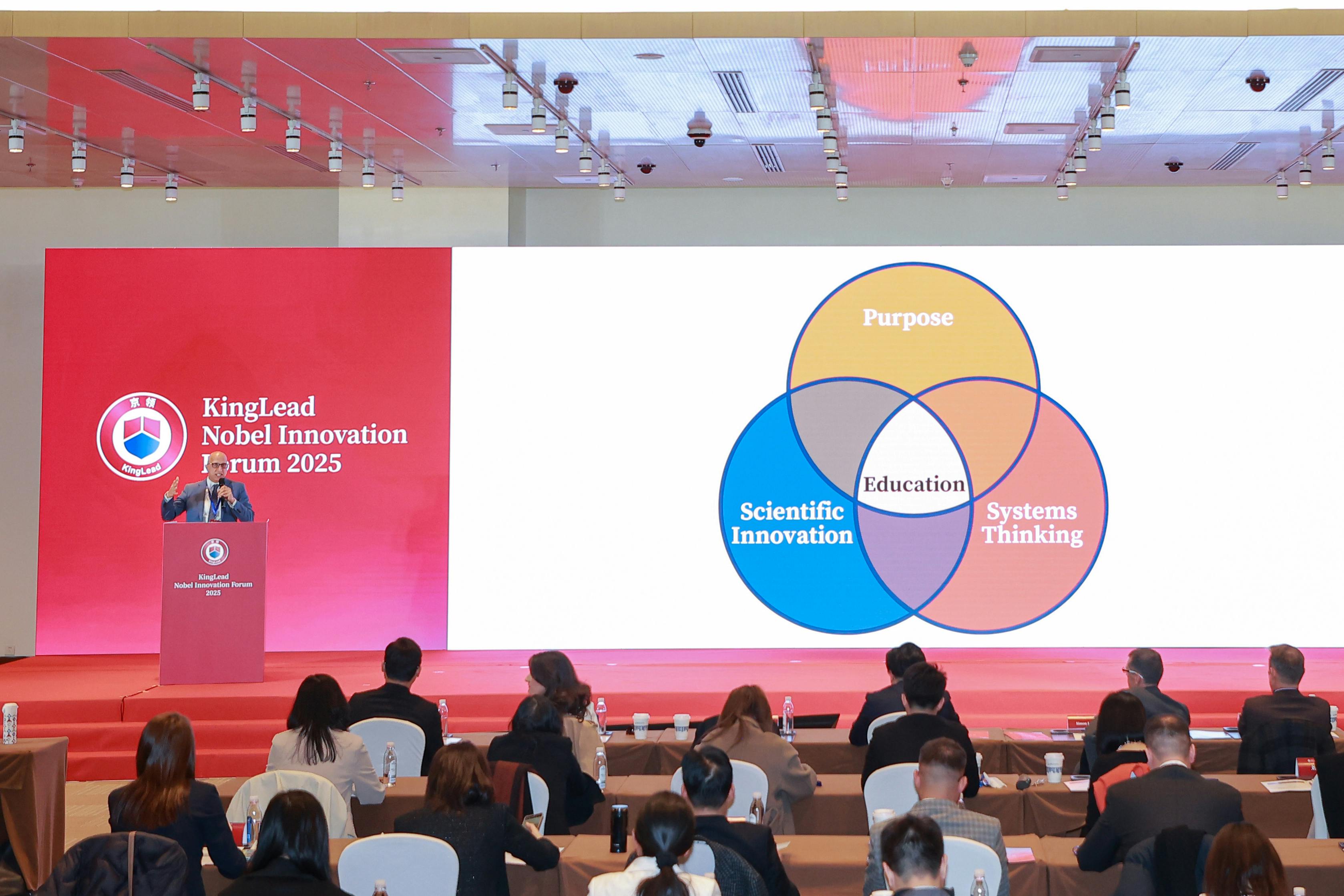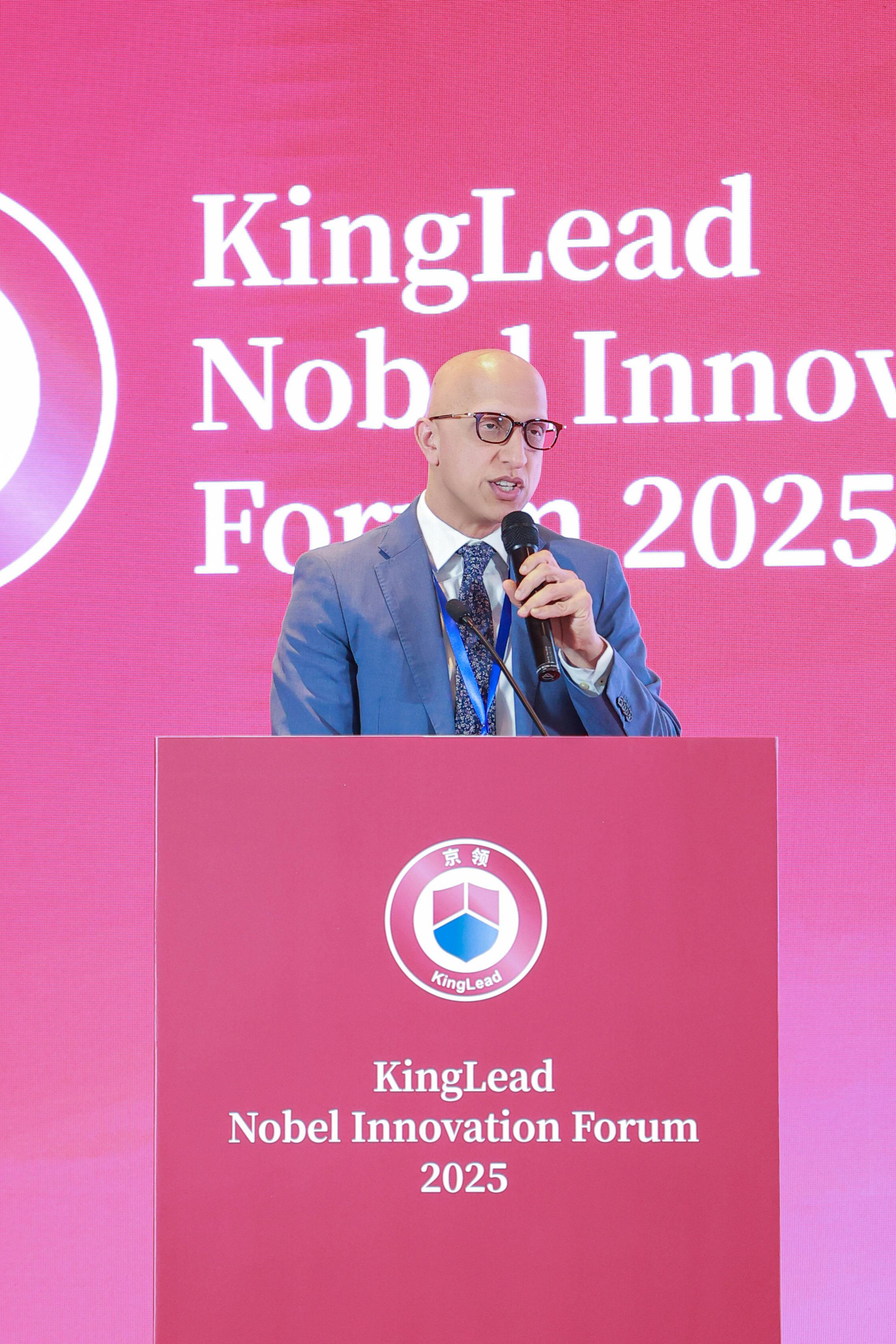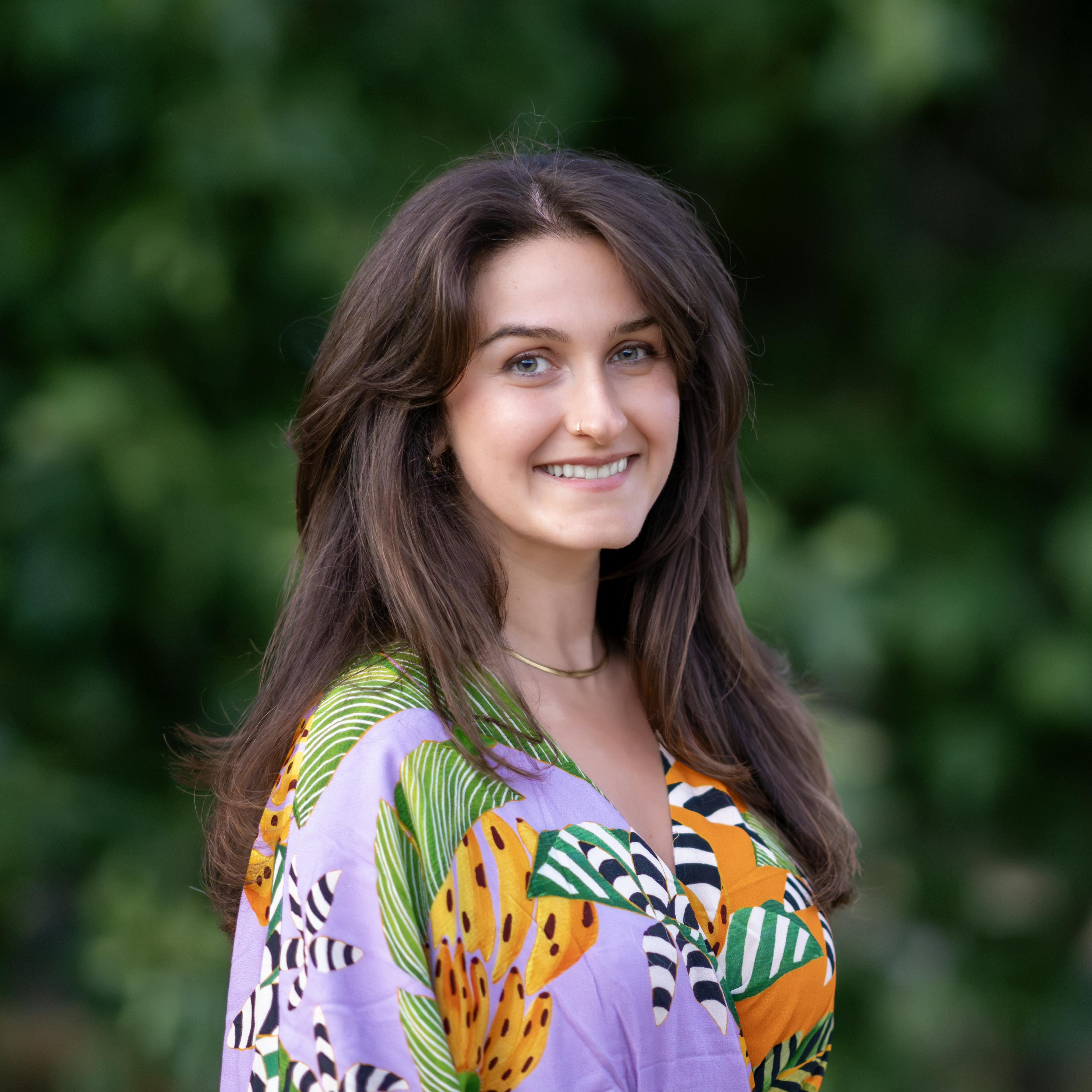
Championing Transformative Education in China
Amidst the ever-growing complexities of the modern world, education’s role in fostering peace and sustainability has never been more critical. At the 2025 KingLead Nobel Innovation Forum held in China, Naheed Bardai, Principal of UWC Atlantic in the UK, delivered a keynote address underscoring the UWC movement’s mission to make education a force for peace and sustainability.
Naheed congratulated the international schools recognised in the KingLead rankings and celebrated the launch of The Nobel Innovation Platform World Science and Technology High School Forum. He also praised KingLead’s efforts in integrating technology and science reinforcing the urgent need to align education with the world’s pressing challenges.

Current crises - from climate escalation to biodiversity collapse, create a paradox where the rate of change in the world is drastically outpacing the rate of change in education. As today’s youth assume leadership roles in the future, they will require not fragmented knowledge, but reimagined frameworks of systemic thinking.
In response to these global challenges, UWC Atlantic has pioneered the Systems Transformation Pathway: Leadership for Just Futures. This groundbreaking programme moves beyond traditional curricula to focus on four critical domains:
- Sustainable food systems
- Equitable energy transitions
- Biodiversity restoration
- Climate-driven migration solutions
Through interdisciplinary collaboration, students in the programme engage in practical, real-world problem-solving. They develop local solutions and work with international institutions to design systemic responses to some of the most pressing issues of our time.
“These young people will graduate not merely with diplomas, but with operational manuals for systemic transformation,” Naheed emphasised. “Through education at UWC Atlantic, we are developing bridge builders and compassionate leaders who can understand root causes and initiate transformative solutions to human and environmental crises.”
The forum also highlighted the rapid evolution of independent education in China, which is innovative and aspires to be among the best in the world. UWC is at the forefront of this movement, providing a progressive, values-based education centred on peace and sustainability. Notably, UWC Changshu was ranked the number one international school in China, reinforcing its role as a leader in transformative education.
A key roundtable at the forum focussed on the role of science and AI in education, with reflections of three Nobel Laureates, who joined the forum to share their perspectives on the intersection of innovation and education. The roundtable forum delved into establishing innovative schools aligned with global standards, centering on core elements and implementation pathways. Principals and experts shared insights across the below key themes:
- Curriculum and infrastructure
- Educational cycles with interdisciplinary integration
- Online education innovation
- Action-oriented curriculum with both theory and practice
Naheed contributed to these discussions, emphasising that "balancing STEM and liberal arts requires reconstructing curricula through phenomenon-based learning. Schools must innovate industry-academia partnerships to attract tech talent, creating pathways for youth development.”
Marija, our Vice Principal of Learning Innovation further highlighted the urgent need for STEM education to align with global sustainability efforts.

STEM education must dismantle romanticised notions of interplanetary colonisation and guide students to confront Earth’s ecological crisis. The imperative for climate change mitigation and the preservation of terrestrial and marine ecosystems must be interwoven into pedagogical practice, failure to do so would nullify education’s intrinsic mandate as custodian of planetary life.